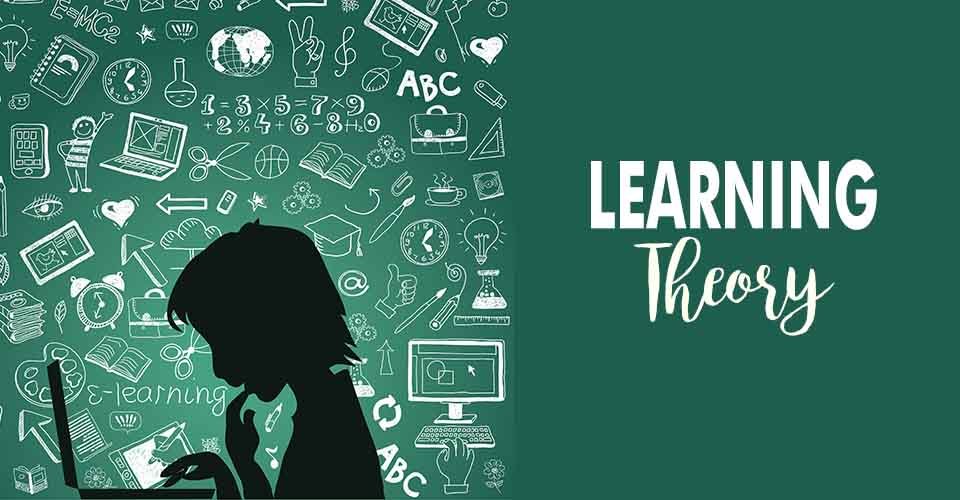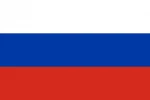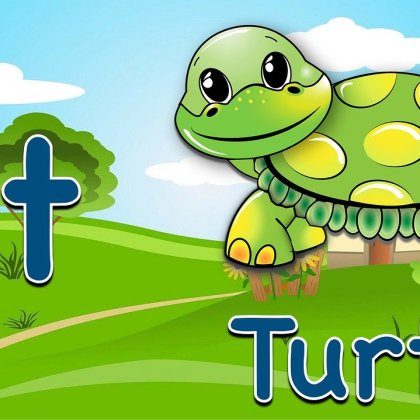32 Learning Theories Teachers in Uganda Should Know

If you love literature books, stories & novel recommendations, find us YouTube
If you love literature books, stories & novel recommendations, find us YouTube
Learning theory–and the research that supports it–is a topic that is regularly discussed at universities and teaching programs, but it is less usually discussed after instructors begin to practice in the classroom.
It's not clear why this is the case. (If you're a teacher, you probably have more immediate worries than being able to identify arcane learning theories that don't appear to have any relevance or part in what you'll be teaching tomorrow.)
If you take nothing else away from this post, remember that there are dozens of theories that already underpin what and how you teach, and that the better you understand them, the better chance you'll have of mastering your current approach and beginning to bring new possibilities into your classroom as your 'teaching brain' makes room for them.
Every teacher should be aware of the following 32 learning theories.
1. Instructivism
The primary concept of "instructivism" is that teachers play a prominent role in the learning process and directly impart information to pupils.
- Multiple Intelligences
We have a range of methods for collecting and processing information, but they are mainly independent of one another: a (single) 'universal intelligence' component among related talents rather than a (single) 'universal intelligence' component.
- Experiential Learning
Both personal and environmental experiences contribute to knowledge accumulation. The learner must be able to reflect on the experience, use analytical skills to interpret it, and make decisions and solve problems in order to put the principles learned into practice.
- Learning Styles
Students must receive an education that is suited to their learning styles in order to learn optimally. (Also, quit using learning approaches that aren't effective.)
- De-schooling Society
The child is thus "schooled" to confuse instruction with learning, grade advancement with education, a diploma with competence, and fluency with the ability to say something (good) or new," says the author.
- Homeschooling
Homeschooling is defined by the family's primary responsibility for the child's 'education.' From replicating school at home to project-based learning in authentic and self-actuated and organized learning contexts to complete 'unschooling,' there are a variety of options accessible.
- Unschooling
The core idea of Unschooling is that if children are allowed the opportunity to pursue their own interests and a diverse set of resources, they will learn spontaneously.
- Critical Pedagogy
An educational movement inspired by passion and conviction that aims to assist students acquire a sense of freedom, recognize authoritarian tendencies, and relate knowledge to power and the ability to take positive action.
- Interpersonal Relations
Teacher types: lion-tamer, entertainer, and new romantic—the problem of self-judgment in assessment
- Montessori Education
Montessori Principles:
- Mixed-age classrooms, including sections for children ranging in age from 2.5 to 6 years old.
- The student selects an activity from a set of alternatives.
- Blocks of uninterrupted work time
- A 'constructivist' or 'discovery' methodology in which pupils learn topics through experimenting with things rather than being taught directly.
- Scientific Pedagogy
Science-based education that transforms and enhances individuals
- Experiential Education
This is an interaction between a teacher and a student in which the student has first-hand experience with the learning environment and topic.
- Constructionism
The learner is not a passive'vessel,' but must actively participate in their own learning, according to the core concept of Constructionism as a learning philosophy. It necessitates learners building on prior knowledge when gaining new information.
- Social Constructivism
A learning theory based on the premise that via interactions with others, meaning is both created and socially negotiated.
- Constructivism: Radical Constructivism
Mental representation of knowledge:
1a. Knowledge is not passively received either through the senses or by way of communication;
1b. Knowledge is actively built up by the cognizing subject;
2a. The function of cognition is adaptive, in the biological sense of the term, tending towards fit or viability;
2b. Cognition serves the subject’s organization of the experiential world, not the discovery of an objective ontological reality.
A framework for bringing various strands of teaching and learning together. Students learn through the design, completion (and often continuing iteration) of 'projects' in 'Project-Based Learning.' PBL can be thought as as an alternative to traditional 'units' of 'instruction.'
- Genetic Epistemology
Sensorimotor (0-2), preoperational (2-7), concrete operational (7-11), and formal operational (11+) are the four phases of cognitive development that a human goes through from birth to death. Assimilation is the process of incorporating new experiences into one's existing mental schema; accommodation is the process of changing one's mental schema.
- Zone of Proximal Development
The range of abilities that students can demonstrate with the help of a teacher.
- Scaffolding
Scaffolding is a type of learning assistance that is personalized to the needs of the learner with the goal of assisting the student in achieving his or her learning objectives.
- Discovery Learning
Forming and testing hypotheses is how students gain knowledge.
- Meaningful Learning
The new knowledge you're learning is linked to/related to what you already know.
- Mastery Learning
In Mastery Learning, ‘the students are helped to master each learning unit before proceeding to a more advanced learning task. "
- Educational Objectives
Educators define learning objectives for pupils in three different 'domains': cognitive, affective, and psychomotor. Attaining greater levels of learning necessitates accomplishing lower levels (first). Designed to encourage educators to focus on all three areas of education, resulting in a more holistic approach to learning.
- Radical Behaviorism
Learning is defined as the process of developing relationships between stimuli in the environment and the individual's responses to them. When a stimulus is presented repeatedly, reinforcement amplifies reactions and raises the likelihood of another occurrence.
- Communities of Practice
People who share a concern or a love for something they do and learn how to do it better as a result of their regular interactions.
- Situated Learning
Situated learning, according to Northern Illinois University, is "Jean Lave and Etienne Wenger developed this instructional approach in the early 1990s, and it is based on the work of Dewey, Vygotsky, and others (Clancey, 1995), who claim that students are more likely to learn if they actively participate in the learning process. Situated learning is basically a matter of deriving meaning from real-life actions (Stein, 1998, para. 2), with learning taking place in relation to the instructional environment."
- Conversation Theory
A cybernetic and dialectic framework that provides a scientific explanation for how interactions lead to "knowledge."
- Competency-Based Learning
Competency-Based Learning (CBL) is a learning technique that emphasizes actual, observable abilities (or "competeencies") rather than a conceptual understanding as tested by standard academic exams. Though mastering abilities clearly necessitates conceptual comprehension, it is not driven towards that end.
- Problem-Based Learning
A method of learning in which students solve relevant 'issues', often through inquiry and Project-Based Learning, to catalyze their learning.
- Place-Based Education
The importance of a meaningful 'location' (that is, one that is significant to the learner) in the learning situation.
- Question-Based Learning
A formal method of investigation in which questions are formulated and subsequently refined depending on the discovery of relevant, meaningful, and correct evidence.
- Learning Blends/Combination Learning
Combination learning blends are mixtures of learning elements (e.g., topic, audience, outcome, apps, etc.) that serve as an alternative to typical academic 'lessons.'
 English
English French
French German
German Russian
Russian 中文
中文






